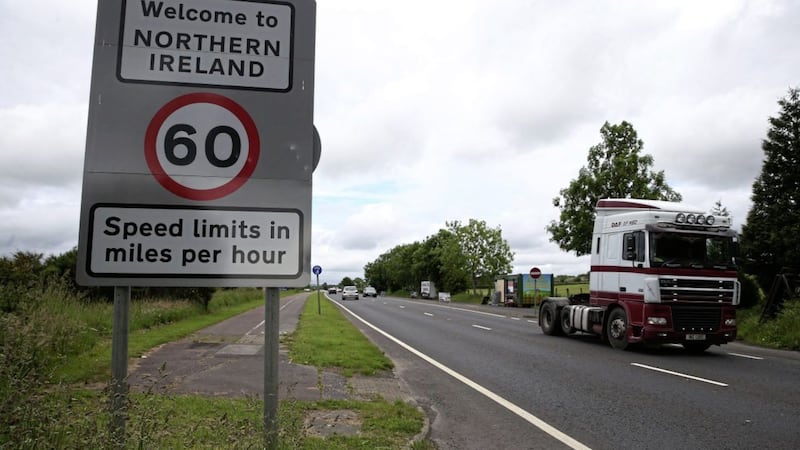Are we into the endgame now? No, not the coronavirus betokening the End of the World. This is about a united Ireland, to be or not to be, up ahead after a border poll or nothing of the sort.
There are people with a seemingly bottomless appetite for weighing up the pros and cons. Only a comparative few are in the polls business, which produces dramatically diverse odds. Although in the aftermath of every single poll, someone manages to weigh it without noting whether the hypothetical poll was to be right now, soon, in five years or farther away.
And oh how events influence the results. We may still not know how Brexit will play out but it is plain that so far the effect is pro-unification.
A sub-section of the populace is more invested in this game than others. They have been hanging on the prophecies of those they regard as leaders for at least 40 years now, maybe longer. These are republicans, of the Sinn Féin variety, whose most respected figures have been telling them since the 1980s that the big day is on its way.
Did the late Martin McGuinness believe his own words, when he addressed himself in particular to Ruairi O Brádaigh and those clustering round him ready to leave the hall and their comrades at the ard fhéis of 1986 with ‘Don’t go my friends, we will lead you to the Republic.’
Of course McGuinness believed himself. How else could he have gone on ordering those who followed him to keep on killing and dying. But then faith almost always baffles those who do not share it. The self-belief of those who killed and died ‘for the cause’ is amazing, as well as horrifying. As far as can be gathered from outside the circle, it has rarely had to do with assessment of armaments, tactics, the state of ‘the enemy’, much less informed judgment on opinion in the other part of the island, which would have to welcome turning its own state upside-down.
Through those awful years when the IRA seemed not to have an Off button the authorised prophets were McGuinness and Gerry Adams. They re-jigged the forecast from time to time, depending on how well or badly they supposed they were doing, but until recent years the faith was rarely presented as anything other than total, unconditional.
Except perhaps in the first years of the Troubles the promise was never ‘next year in Jerusalem’.
As British governments scrambled to fathom what they were dealing with they made judgments on the hoof, for example admitting to themselves early on that they would not confront armed loyalist paramilitaries in anything like the way they would tackle republicans. Not out of loyalty to kith and kin, but because the generals, as state papers confirmed much later, were adamant they could not fight on two fronts.
In the early 70s, when London’s panic and disarray was evident, leading republicans (and some unionists) thought ‘the Brits’ were close to leaving. In 2000 Adams told supporters in New York ‘there is no reason why we cannot celebrate the 1916 Rising in the year 2016, in a free and united Ireland.’ In the Guardian seven years on, when an interviewer put it to him that he had said a united Ireland could be achievable by 2016 he replied: ‘Well I didn’t quite say that. A colleague of mine said that and then when I was asked the question I said: But if we don’t get it, don’t blame us’.
In 2017 one of SF’s sharpest critics noted that ‘a united Ireland by 2016 has now become a border poll by 2020’. Now that 2020 is two months old Mary Lou McDonald predicts a poll inside five years.
But then who believes that official Britain under Boris Johnson is committed to maintain the Union? What republicans tell themselves may be neither here nor there.








